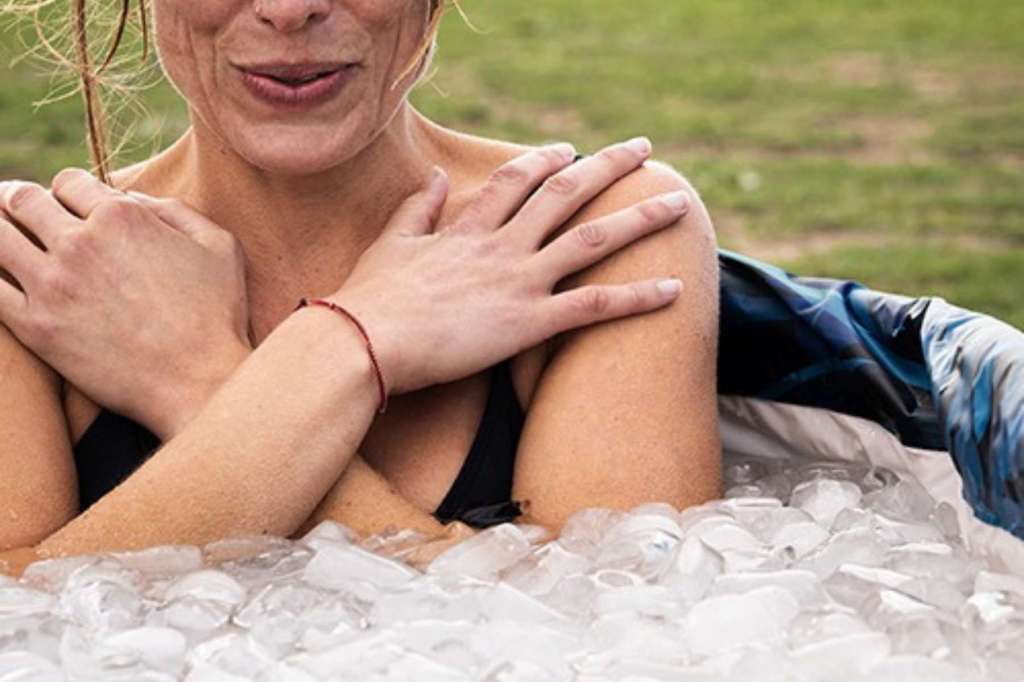De-hyped: Cold-water immersion not backed by science
South Australian researchers release new findings on the effects of cold-water immersion on health and wellbeing.

Cold-water immersion is a common practice among sportspeople, but now South Australian researchers have revealed that it does not have long-term health benefits for the wider community.
In the most comprehensive systematic review and meta-analysis of its kind, researchers from the University of South Australia compared data from 3177 participants across 11 studies between 2014-2023, excluding elite athletes.
They defined cold-water immersion as the exposure of the body at or above chest level, for a minimum of 30 seconds at 10-15 degrees Celsius, including cold showers, ice baths and cold plunges.
Speaking to InDaily, UniSA researcher Tara Cain said science does not support the long-term benefits of cold-water immersion for the general population.
“I think the biggest takeaway for me was just how little research there actually is compared to athlete populations… when it comes to the general population, that evidence really is quite limited,” she said.
You might like
Researchers found cold-water immersion may lower stress, improve sleep quality and boost quality of life, however, the findings are highly time-dependent and context-based.
Cain said cold-water immersion could reduce stress levels, but only for approximately 12 hours post-exposure.
“We also noted that participants who took 20, 60, or 90-second cold showers reported slightly higher quality of life scores. But again, after three months these effects had faded,” she said.
“And while there have been many claims that cold-water immersion experiences can boost your immunity and mood, we found very little evidence to support these claims.”
Stay informed, daily
UniSA co-researcher Dr Ben Singh said the study also showed that cold-water immersion caused a temporary increase in inflammation.
“At first glance, this seems contradictory, as we know that ice baths are regularly used by elite athletes to reduce inflammation and muscle soreness after exercise,” he said.
“The immediate spike in inflammation is the body’s reaction to the cold as a stressor. It helps the body adapt and recover and is similar to how exercise causes muscle damage before making muscles stronger, which is why athletes use it despite the short-term increase.
“Knowing this, people with pre-existing health conditions should take extra care if participating in cold-water immersion experiences as the initial inflammation could have detrimental health impacts.”
There was an outlier to the overall findings.
Participants of one study who took regular cold showers experienced a 29 per cent reduction in sickness absence from work.
Additionally, while cold-water immersion was linked to better sleep outcomes, the data was restricted to males, and its broader application was limited.
Cain added there isn’t enough “high-quality” research to determine the ideal approach to cold-water immersion.
“More long-term studies, among more diverse populations, are needed to understand its lasting effects and practical applications,” she said.
“Whether you are an elite athlete or everyday wellness seeker – it’s important to understand the effects of what you put your body through.”








